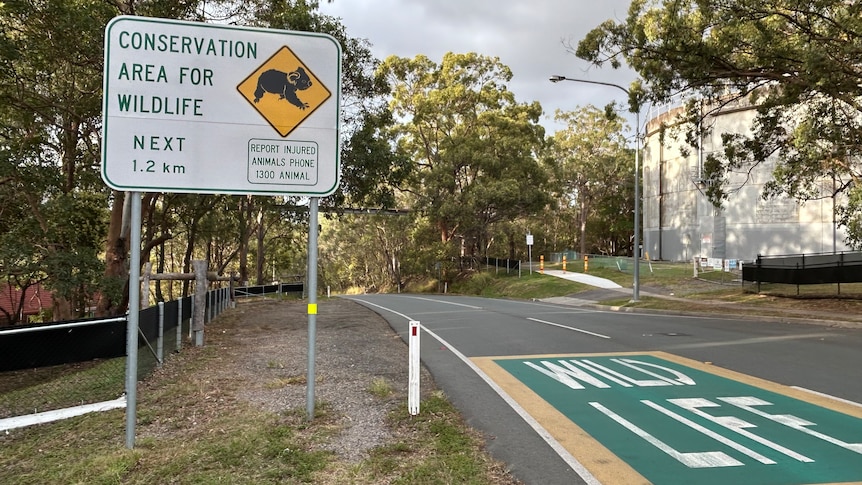it is 10 kmh it won't make a difference. I'm sure we'd see no more accidents than we do now if we made all 60 roads 80 instead.
The article cites a 20% reduction in braking distance, but still not going to solve the problem. Fencing and specialised crossings are better solutions since they don't rely on drivers paying attention
The LNP claims to have spoken to experts who said that fences are not a good option here.
Labor claims to have also spoken to experts who disagree with that.
It's really not clear to me who is right in this instance. The LNP idea does have some merit in terms of how fencing would restrict wildlife movement for food/social reasons, as well as trapping them if there's a bushfire.
But yeah, the speed limit reduction, as long as it's actually enforced, is a good one. Stopping distance increases with the square of velocity, and at least with human pedestrians the deadliness of a crash increases approximately exponentially with velocity. So a small decrease in speed can actually have an enormous benefit to safety. At 70 km/h a pedestrian has a roughly 99% chance of dying. At 60 km/h it's down to like 88%. Of course, down at 40 km/h it's more like 25% and 30 km/h is 18%—which is why pedestrian and cycling safety advocates say local streets should be no more than 30 km/h. I don't know quite how applicable that is to wildlife strikes, but the basic concept behind it should still apply.
*removed externally hosted image*


